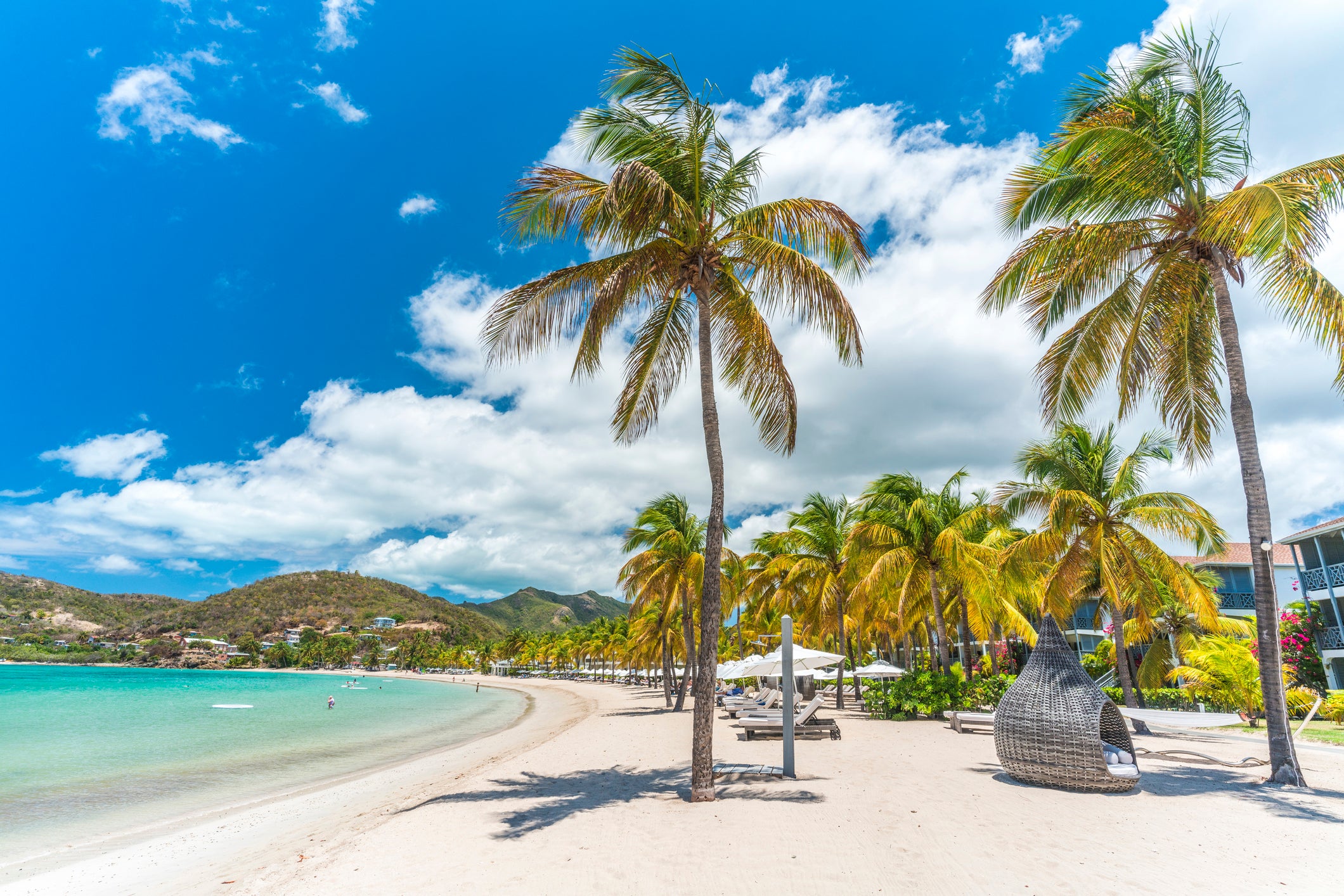
The future of travel as we know is now forever changed.
As many U.S. states have begun phase I of reopening amidst the global coronavirus pandemic, local Caribbean nations are also strategizing to figure out what’s next for their economies — which rely heavily on tourism primarily from U.S. citizens — and how to move forward towards the future.
Antigua and Barbuda, for example, have already announced plans to have tourists undergo rapid COVID-19 testing before boarding their aircraft for entry onto their islands.
Other Caribbean nations such as the Bahamas and Haiti are also considering “virus-free” certificates, to ensure tourists (and their own citizens who have traveled abroad), are free of the novel coronavirus before entering back into the country.
But will it work?
It may, or may not. The World Health Organization has already disapproved of such requirements as a temporary solution ahead of a global vaccine, which don’t take into consideration the fact that doctors and scientists still lack a lot of information about the coronavirus, and access to testing remains difficult in the United States.
“Requiring some kind of COVID passport is going to be difficult,” said Carlos Espinal, director of the Global Health Consortium at the Robert Stempel College of Public Health at Florida International University.
Despite this fact, Caribbean countries are still putting their game plans into effect.
Haiti made a negative coronavirus test a requirement for all passengers entering the country even before confirming its first cases of COVID-19 on March 19. Haitian Prime Minister Joseph Jouthe recently reiterated the requirement last month.
And though well intentioned, administering a rapid test at island airports, such as Antigua, isn’t an end all, be all solution. It doesn’t account for the fact that rapid tests do not diagnose a current COVID-19 infection, because they only show if someone has been exposed to the virus and developed antibodies against it.
Infected passengers could still end up contaminating others during the flight or passing through the airport ahead of testing, if they come into contact with a person with the virus. Not to mention, under the proposed plan, visitors will be confined to the premises of their hotels, including the beaches, and won’t be allowed to mingle with the locals or at public events and gatherings — so is this really a perfect solution for tourists looking to return to vacation life after all?
“The local staff will be the younger, healthier ones who would use masks and use proper hygiene etiquette to control the contracting and the spread,” Prime Minister Gaston Browne told the Miami Herald. “They will live on property with the guests to prevent inadvertent community spread in the unlikely event they contract the virus.”
Though not perfect, they believe it’s a start.
“It’s not foolproof, but the test, wearing masks, social distancing and good hygiene will have to be employed to manage the risks of contracting and spreading the virus, considering it could remain in our midst,” said Browne, who is looking to reopen his country’s airport by June. “In essence we have to learn to live and work with COVID, while managing the risks of contracting and spreading the virus.”
Under these new conditions, will you still plan to travel this summer?
